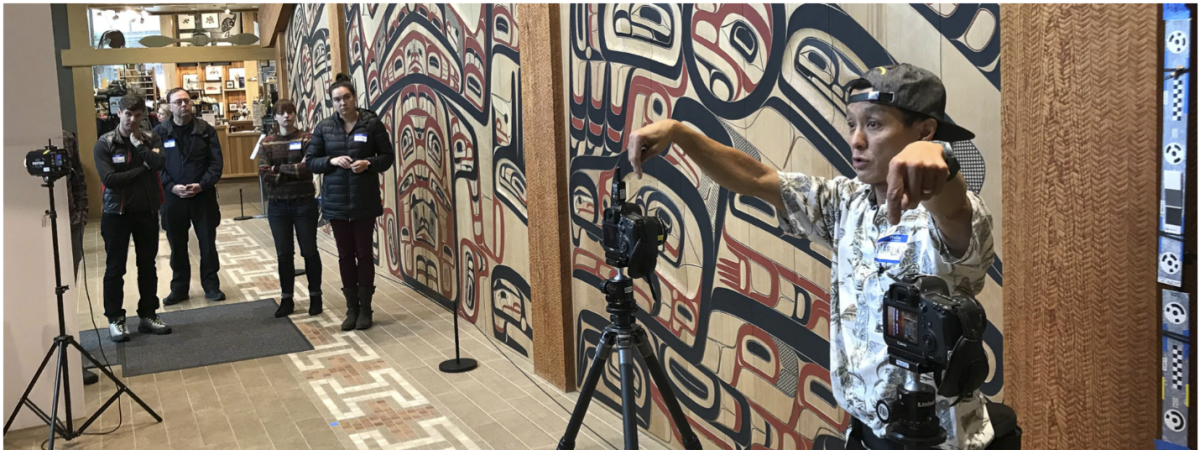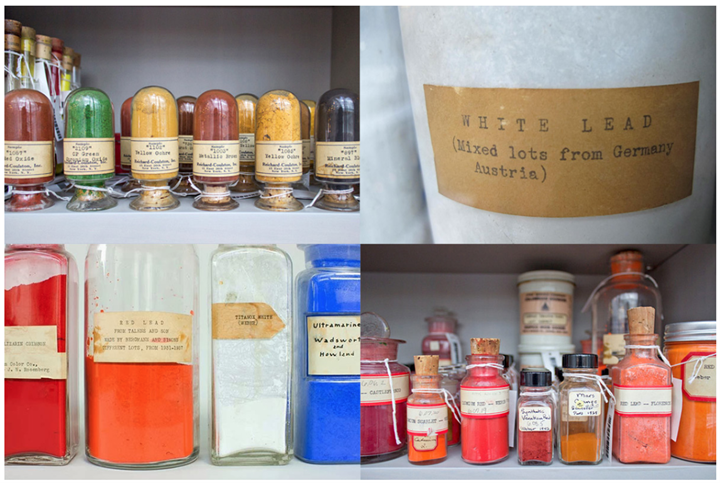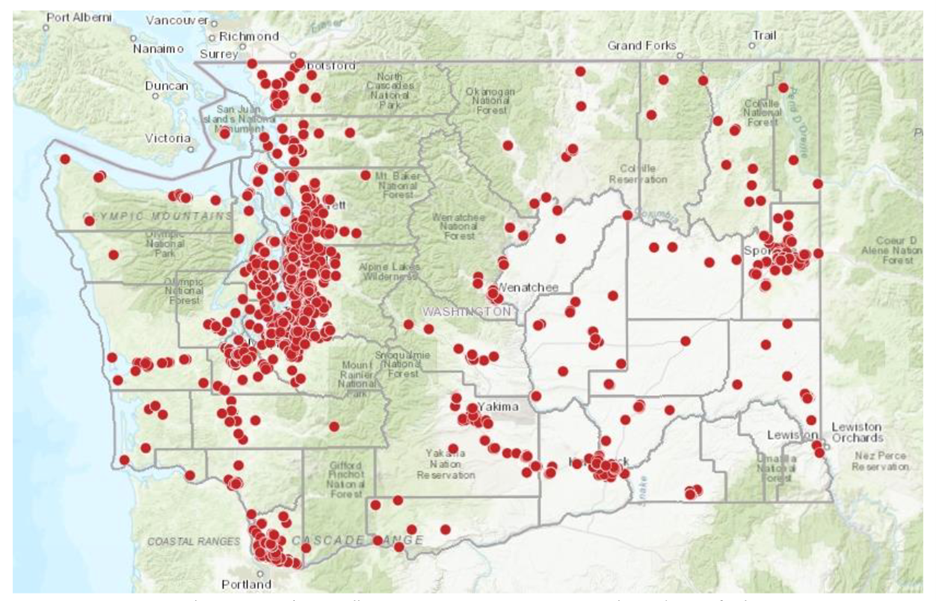December 2021 Awards in Preservation & Access
PRESERVATION AND ACCESS EDUCATION AND TRAINING
Cultural Heritage Imaging, San Francisco, CA
Award: $348,984
The creation of two five-day training sessions at three sites, with follow-up sessions and consulting both online and in person to capture cultural heritage materials with two-dimensional and three-dimensional imaging. The participating Indigenous groups from Alaska, Hawai’i, and Maine would learn how to prepare their photographic data, their 3D work products, the contextual metadata that describes how these digital assets were acquired and built, and a standards-compliant submission to an archival preservation system.
Denver, City and County of, Denver, CO
Award: $266,467
Hiring two pre-professional, post-baccalaureate apprentices from communities underrepresented in the archives and preservation professions to work in the special collections and digital archives department of the Denver Public Library for two years.
Midwest Art Conservation Center, Minneapolis, MN
Award: $330,000
A regional, preservation field-service program that strengthens preservation practices and the care of humanities collections at hundreds of museums, historical organizations, libraries, and archives in five states of the Upper Midwest. The award would additionally support training for two Native American conservation fellows as part of its Native American Collections Care Fellowship program, which began in 2018.
Myriad Consulting & Training, Gainesville, FL
Award: $347,587
The development and implementation of curricula, resources, workshops, and community events tailored to smaller cultural heritage institutions focused on preservation of and access to born-digital materials.
Northeast Document Conservation Center, Andover, MA
Award: $350,000
A wide range of preservation and access activities, including addressing preservation emergencies using a 24/7 Collections Emergency Hotline and workshops on disaster planning and response, producing reference materials and updating the center’s website, and building training webinars and online courses.
Northern Illinois University, DeKalb, IL
Award: $348,900
Five Preserving digital Objects With Restricted Resources (POWRR) Program training sessions on the standards, processes, and tools used to curate and preserve digital objects using open-source software. The 150 participants would largely come from grassroots cultural heritage organizations responsible for the curation and preservation of materials from historically marginalized groups, including Native Americans, African Americans, and members of the Latinx community.
Presidents and Fellows of Harvard College, Cambridge, MA
Award: $348,340
A continuing education and training program to prepare three post-baccalaureate students—one fellow per year for three years—to apply for graduate training programs in the conservation of cultural heritage. Selected students, as junior fellows, would pursue required coursework and work closely with the faculty and collections of the Harvard Art Museums.
University of California-Los Angeles, Los Angeles, CA
Award: $310,362
A continuing education program for collections stewards that would include six online courses, two in-person regional workshops, and follow-up mentoring to support sustained application of lessons learned targeted to Native Americans working with tribal materials at museums and cultural centers across the country.
RESEARCH AND DEVELOPMENT
Metropolitan Museum of Art, New York, New York
Award: $349,999
A Tier II project to develop a scientific methodology for biomolecule identification in art, demonstrated on chia oil in Mexican lacquerware and painting dating from the viceroyalty of New Spain.
Midwest Art Conservation Center, Minneapolis, MN
Award: $73,842
A planning project to develop a risk assessment matrix for public art collections using a subset of data from the Washington State Arts Commission’s public art collection.
Northwestern University, Chicago, IL
Award: $350,000
The development of image-based, quantitative protocols for polarized light microscopy (PLM) using hardware and deep learning algorithms to generate image data for pigment identification and diagnosis of patterns of deterioration.
University of Oregon, Eugene, OR
Award: $346,391
The expansion of Open ONI, a collection of open-source, collaboratively developed newspaper-hosting software, that will make digitally accessible many kinds of serial publications, such as periodicals, born-digital news, and serials published after 1963.
University of South Carolina-Columbia, Columbia, SC
Award: $349,106
A Tier II project to develop two specialized open-source software tools, the Virtual Bench Research Platform and Virtual Bench Compute, for improving the preservation and material study of digitized film.
Wayne State University, Detroit, MI
Award: $74,966
A Tier I project to develop a prototype historic spatial data infrastructure (HSDI) that links archival, archaeological, and geospatial data associated with Hamtramck, Michigan.


